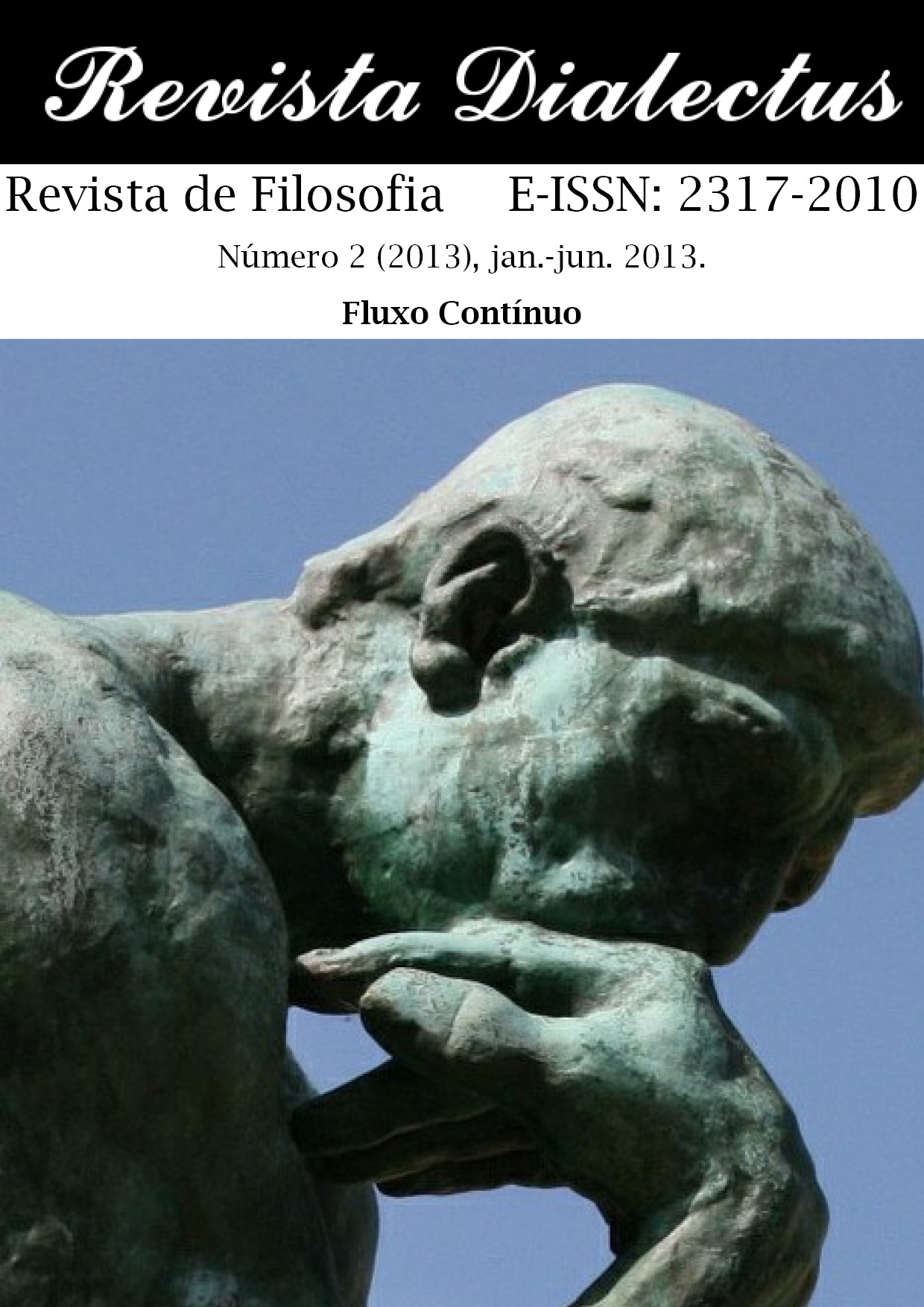Corpo, HIV/AIDS e as Contradições da Saúde do Trabalhador
DOI:
https://doi.org/10.30611/2013n2id5111Abstract
Na realidade histórico-educativa brasileira, os dados apontam que cerca de 50% da população sorologicamente positiva para o HIV é pobre e com baixíssimo nível de escolaridade. O adoecimento, nesse sentido, reproduz as contradições de classe da sociabilidade do Capital. Atrelado a este processo, analisa-se também o advento de um engajamento político caracterizado como ativismo de luta contra a AIDS, particularmente, o Movimento Social denominado de Rede Nacional de Pessoas Vivendo com HIV/AIDS (RNP+Brasil). Organizado na década de 1990, o associativismo deflagrado por este novo movimento social diz respeito ao processo histórico de tomada de consciência política e de mobilização por melhores condições de saúde para vidas em experiências corporais de adoecimento. É preciso salientar, entretanto, o limite dessa ação política reformista de luta por cidadania e direitos humanos e não de ruptura anticapitalista com o Estado Democrático de Direito Burguês.Downloads
Published
2016-10-06
Issue
Section
Artigos Fluxo Contínuo
License
Authors who publish in this journal agree to the following terms:
- Authors retain the copyright and grant the journal the right of first publication, with the work simultaneously licensed under the Attribution-NonCommercial-NoDerivatives 4.0 International (CC BY-NC-ND 4.0) License, which allows the non-commercial sharing of work, without modifications and with acknowledgment of authorship and initial publication in this journal.
- Authors are authorized to take additional contracts separately, for non-exclusive distribution of the version of the work published in this journal (eg publish in institutional repository or as a book chapter), with acknowledgment of authorship and initial publication in this journal.
- Authors are allowed and encouraged to publish and distribute their work online (eg in institutional repositories or on their personal page) at any point before or during the editorial process, as this can generate productive changes as well as increase the impact and citation of published work (See The Free Access Effect).



















